BMUN
Berkeley Model
United Nations
Dal 3 al 10 Marzo 2026
Tra le più prestigiose simulazioni, il Berkeley Model United Nations è organizzato dall’Università di Berkeley, una delle più importanti università al mondo. Vi partecipano 2.000 studenti, provenienti da scuole di tutto il mondo. Fondata nel 1868, l’Università di Berkeley organizza da ormai 74 anni questa simulazione con l’obiettivo di avvicinare i giovani alla diplomazia mondiale, ma anche per far conoscere il proprio ateneo e i propri corsi di studi.

La preparazione
Per affrontare al meglio la simulazione, gli studenti, nei mesi precedenti la partenza, partecipano al Delegate Training Course. Tutte le nostre lezioni sono interattive e si svolgono in lingua inglese. I nostri docenti hanno un livello di inglese madrelingua, ma grazie agli anni di esperienza nel mondo delle simulazioni, sono pronti ad aiutare gli studenti ad entrare in contatto in modo graduale con l’inglese utilizzato nel mondo della diplomazia internazionale. Il Delegate Training Course si articola in quattro lezioni e si svolge in modalità e-learning.
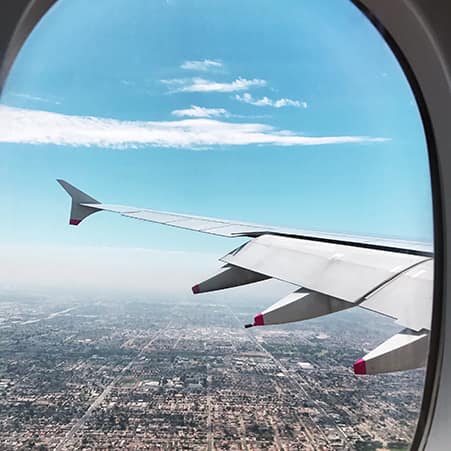
Partenza dall’Italia e arrivo a San Francisco. Trasferimento in bus per l’hotel, situato vicino Union Square.

Non stai sognando, siamo a San Francisco! Iniziamo quest'avventura visitando Union Square, Chinatown, Mission, Herbst Theatre - dove nel 1945 sono state fondate le Nazioni Unite - e Lombard Street.
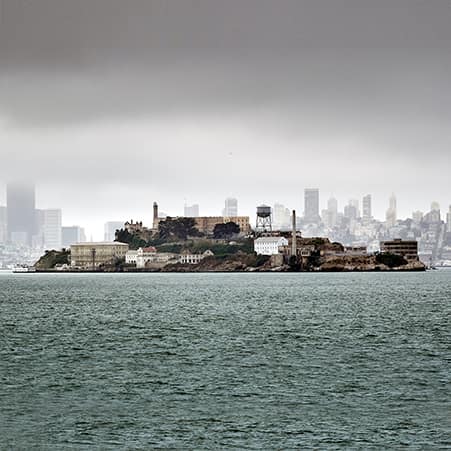
A poco più di 2 Km dalla terraferma, visita del carcere di Alcatraz, solitaria isola della Baia di San Francisco. Continueremo con la visita dell'Aquarium of the Bay e di Fisherman Wharf.

Visita del Golden Gate Bridge, iconico stretto che mette in comunicazione l'Oceano Pacifico con la Baia di San Francisco. Continueremo facendo visita alla città di Sausalito, dei quartieri di Castro e Twin Peaks.
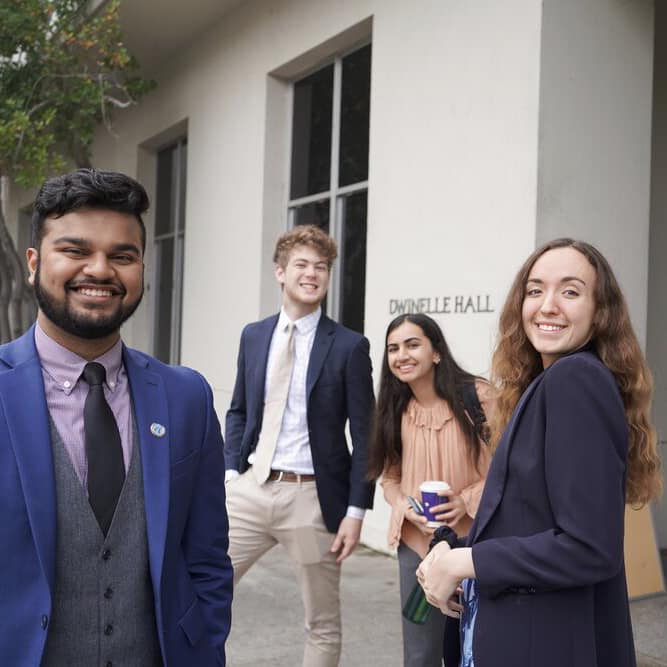
Inizia ufficialmente il model: walking Tour dell’Università di Berkeley. Nel pomeriggio, Opening Ceremony di BMUN e committee session n. 1.
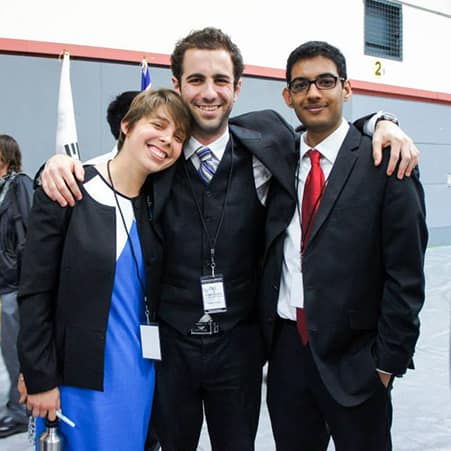
Nel Day 6 ti aspettano due committee session, una al mattino e una al pomeriggio, prima della Delegate Dance serale, una grande festa con tutti gli studenti che hanno partecipato al model.
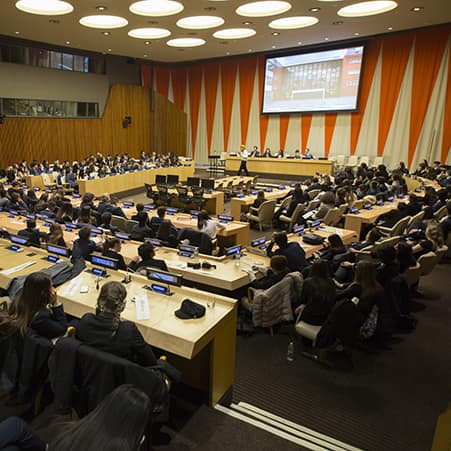
La giornata inizia con l'ultima committee session. Nel pomeriggio la Closing Ceremony in una grande plenary session.
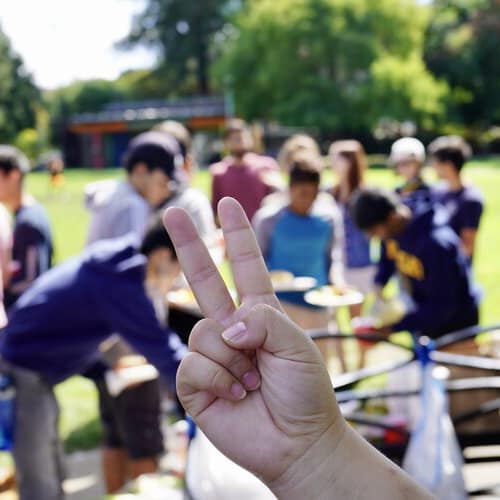
Last day in San Francisco! È volato il tempo vero? Nel pomeriggio è previsto il trasferimento in aeroporto e la partenza per l'Italia.

È stata un'esperienza fantastica! Ma purtroppo dovrai aspettare il prossimo anno per ripeterla. Berkeley MUN termina qui, con il rientro in Italia.
BMUN - FAQ
Le risposte che cerchi
La partecipazione al Berkeley Model United Nations è riservata agli studenti che hanno già preso parte al nostro progetto che si svolge a New York o Boston.
Puoi iscriverti online cliccando sul seguente link.
Se sei uno studente che ha già preso parte a uno dei progetti internazionali sviluppati da United Network scrivi una e-mail a info@unitednetwork.it. Nel bando di partecipazione troverai i costi del progetto.
Il progetto Berkeley Model United Nations si svolge in lingua inglese.
BMUN- FAQ
La partecipazione al Berkeley Model United Nations è riservata agli studenti che hanno già preso parte al nostro progetto che si svolge a New York o Boston.
Puoi iscriverti online cliccando sul seguente link.
Se sei uno studente che ha già preso parte a uno dei progetti internazionali sviluppati da United Network scrivi una e-mail a info@unitednetwork.it. Nel bando di partecipazione troverai i costi del progetto.
Il progetto Berkeley Model United Nations si svolge in lingua inglese.